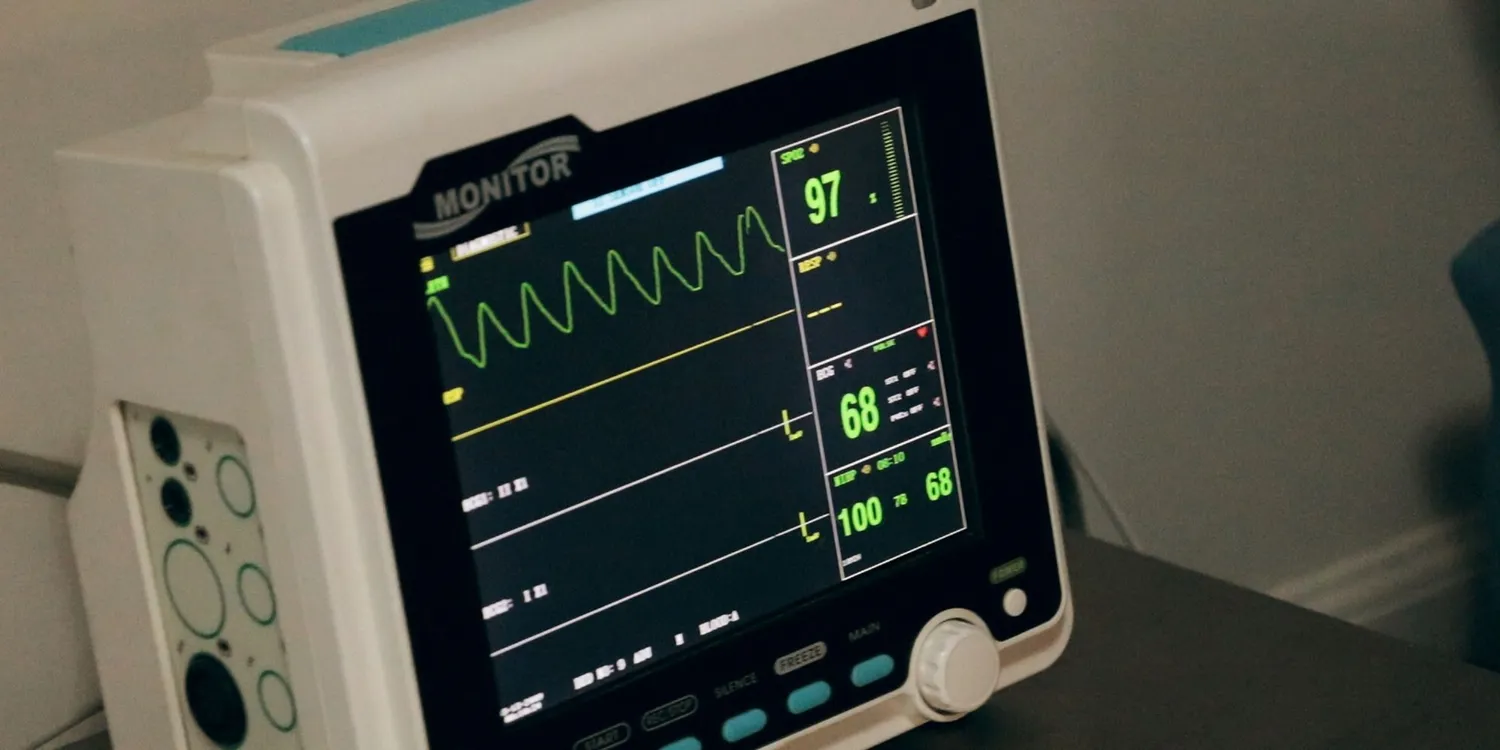01 Sept 2023
Cocaine, a potent stimulant drug, has significant effects on the body, including a notable impact on blood pressure and heart health. In this blog, we will explore the relationship between cocaine use and high blood pressure, understand why cocaine leads to elevated blood pressure, and discuss ways to mitigate the risk of heart health complications associated with its use. Remember, the best way to safeguard your health is to avoid using cocaine altogether and seek help if you or someone you know is struggling with substance abuse.
Can Cocaine Use Lead to High Blood Pressure?
Studies have shown a clear link between cocaine use and increased blood pressure. When cocaine enters the bloodstream, it causes blood vessels to narrow and constrict, resulting in elevated blood pressure levels. This vasoconstriction can lead to severe health problems, such as heart attacks, strokes, and even death. Prolonged cocaine use can significantly increase the risk of developing hypertension, a condition that may persist even after the drug is no longer used regularly.
Cocaine is a powerful stimulant that affects the central nervous system. Upon consumption, it triggers the release of neurotransmitters like dopamine, norepinephrine, and serotonin, resulting in increased heart rate, alertness, and a sense of excitement. This heightened physiological response is responsible for the temporary spike in blood pressure experienced by users. However, the long-term effects of cocaine use can be more dangerous. Chronic use disrupts the body's natural regulatory mechanisms, leading to persistent high blood pressure and increased risks of cardiovascular issues.
Can You Reverse or Mitigate High Blood Pressure Caused by Cocaine?
The most effective way to mitigate high blood pressure caused by cocaine is to stop using the drug altogether. Seeking professional help and entering a comprehensive addiction treatment program is essential to breaking the cycle of drug use and managing the associated health risks.
In addition to stopping cocaine use, here are some tips to reduce blood pressure:
- Adopt a Healthy Lifestyle: Incorporate regular exercise, a balanced diet, and sufficient sleep into your routine.
- Reduce Stress: Engage in relaxation techniques like meditation or yoga to help manage stress levels.
- Limit Sodium Intake: Reduce salt consumption as it can contribute to elevated blood pressure.
- Monitor Blood Pressure: Regularly monitor your blood pressure and consult a healthcare professional for guidance.
Remember, these measures can complement professional treatment but should not be seen as substitutes for addressing the root cause of high blood pressure – cocaine use.
Other Effects of Cocaine on the Heart
- Increased heart rate
- Irregular heart rhythm
- Narrowing of blood vessels
- Decreased oxygen supply to the heart
- For a more detailed exploration of the effects of cocaine on the heart, refer to our article, "The Effects of Cocaine on the Heart."
How to Get Help with Cocaine Addiction?
If you or someone you know is struggling with cocaine addiction, seeking help is crucial for a healthier and happier life. Reach out to Rehabs UK to discuss your concerns and explore available options personalised to you or your loved ones situation. Remember, addiction is a treatable condition, and with the right support and guidance, recovery is possible. At Rehabs UK we are proud of our extensive aftercare programme and because treatment is tailored it always starts with a free assessment. Cocaine has detrimental effects on blood pressure and heart health. Its stimulant properties cause a temporary spike in blood pressure, and prolonged use can lead to chronic hypertension, increasing the risk of severe cardiovascular complications. The most effective way to protect your heart health is to avoid cocaine use altogether and seek help if you or someone you know is struggling with addiction.
